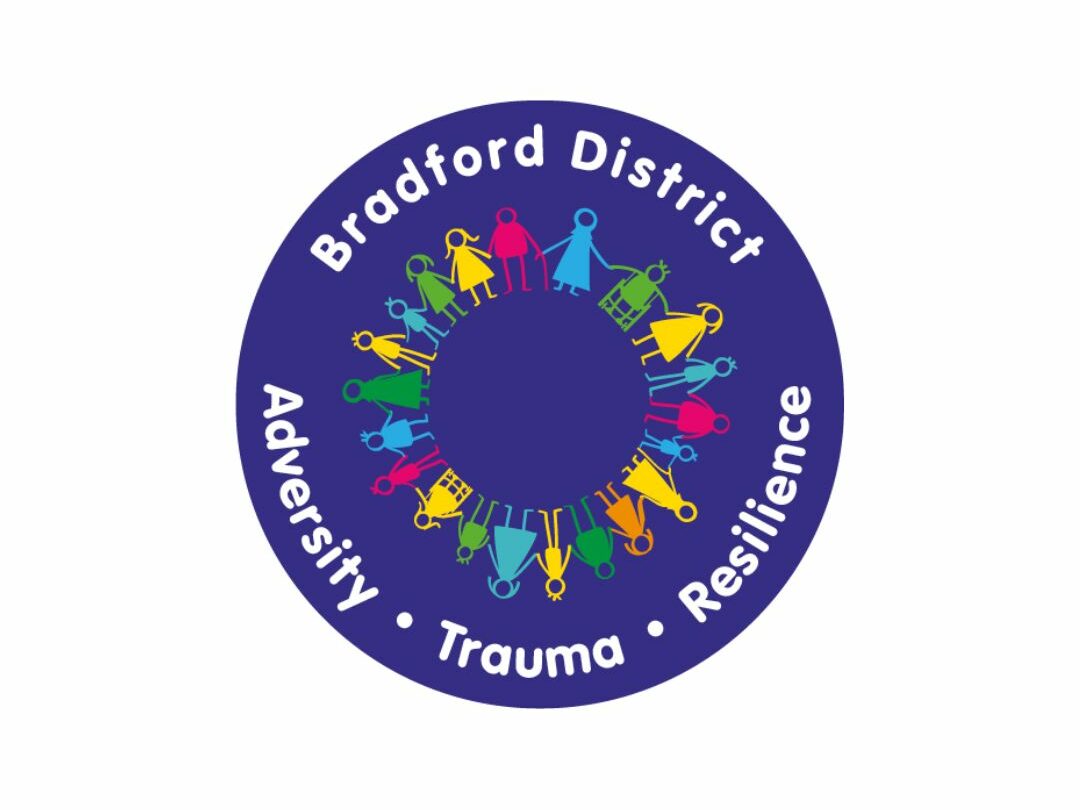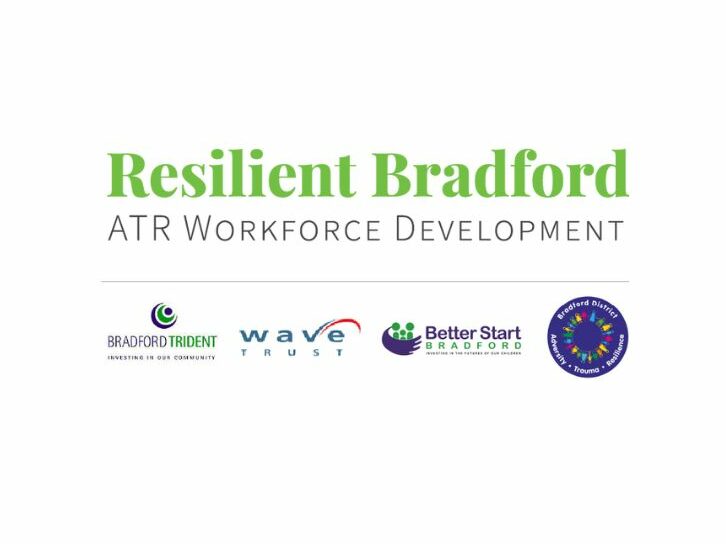
The Bradford ATR programme has a focus on prevention, early intervention, and mitigating the effects of adversity and trauma from preconception throughout a person’s life.
We know that babies, children and young people who experience adversity and trauma are at high risk of poor health and wellbeing. We also know that adults who face multiple disadvantages as a result of adversity and trauma are also at risk of poor health and wellbeing outcomes. The ATR programme is designed to drive the districts collective ambitions of working together to prevent adversity and trauma and to mitigate the existing harm across the lifespan; helping people who live and work in Bradford to understand the latest thinking around trauma, brain development, adverse childhood experiences and neuroscience research.
